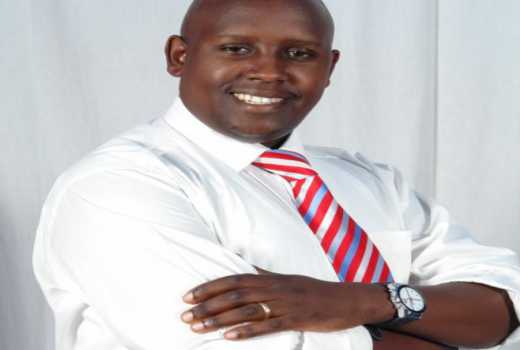
Not many people who harbour dreams of building their own businesses would think to work for a small company. The conventional belief is that a large corporation provides more opportunities to acquire knowledge, skills and networks that one could transfer to a start-up.
But as Paul Amos Mwangi came to realise, the common belief isn’t always right. After he completed his diploma in marketing, he tried to run his own business, selling property in Thika town. It didn’t work out, and he was forced to look for a job. He got one with a small real estate firm. His dream, however, had been to work for a large enterprise that would afford him a fat salary, a company car and brushes with the high and mighty.